- Automobiles & Motorcycles
- Beauty & Personal Care
- Business Services
- Chemicals
- Construction & Real Estate
- Consumer Electronics
- Electrical Equipment & Supplies
- Electronic Components & Supplies
- Energy
- Environment
- Excess Inventory
- Fashion Accessories
- Food & Beverage
- Furniture
- Gifts & Crafts
- Hardware
- Health & Medical
- Home & Garden
- Home Appliances
- Lights & Lighting
- Luggage, Bags & Cases
- Machinery
- Measurement & Analysis Instruments
- Mechanical Parts & Fabrication Services
- Minerals & Metallurgy
- Office & School Supplies
- Packaging & Printing
- Rubber & Plastics
- Security & Protection
- Service Equipment
- Shoes & Accessories
- Sports & Entertainment
- Telecommunications
- Textiles & Leather Products
- Timepieces, Jewelry, Eyewear
- Tools
- Toys & Hobbies
- Transportation
Choosing the Right Material for Water Supply Pipes: A Comparative Study
When it comes to selecting the material for water supply pipes, several options are available, each with its own set of characteristics and considerations. This article aims to provide a comparative study of different pipe materials to assist in making an informed decision about the right material for water supply systems.

Copper Pipes:
Copper pipes have been widely used for water supply systems for many years. They offer excellent durability and resistance to corrosion, making them a reliable choice. Copper pipes are also known for their antimicrobial properties, which contribute to maintaining water quality. However, copper pipes can be relatively expensive compared to other materials, and their installation requires specialized skills. Additionally, copper pipes may be prone to theft due to their scrap value.
Galvanized Steel Pipes:
Galvanized steel pipes were commonly used in the past but have become less popular in recent years. These pipes are coated with a layer of zinc to protect against corrosion. While galvanized steel pipes are relatively strong and have a long lifespan, they can corrode over time, leading to reduced water flow and potential contamination. Moreover, the presence of lead in the zinc coating can be a concern for water quality. As a result, galvanized steel pipes are gradually being phased out in favor of other materials.
PVC Pipes:
Polyvinyl chloride (PVC) pipes are lightweight, affordable, and easy to install, making them a popular choice for water supply systems. PVC pipes are resistant to corrosion, have a smooth interior surface for efficient water flow, and offer excellent chemical resistance. However, PVC pipes may have temperature limitations and can become brittle when exposed to extreme temperatures. They are also susceptible to UV degradation if installed outdoors without proper protection.
Construction & Real Estate
PEX Pipes:
LVL Scaffolding Plank: The Ultimate Solution for Sturdy and Efficient Construction Work
Features and Advantages of Welded Gabion Wire Mesh
What is the difference between rubber and foam rubber?
Laminated Bridge Bearings: Enhancing Safety and Structural Performance
An Overview of Agricultural Water Storage Tanks
Why You Need a Corrugated Steel Pipe?
Cross-linked polyethylene (PEX) pipes have gained popularity in recent years due to their flexibility, ease of installation, and resistance to freezing. PEX pipes are highly durable, resistant to corrosion, and have excellent temperature tolerance. They can expand under high pressure and return to their original shape, reducing the risk of bursting. PEX pipes also have the advantage of being less expensive than copper pipes. However, concerns have been raised regarding the potential leaching of chemicals from PEX pipes into the water supply, although research suggests that these levels are generally within acceptable limits.
HDPE Pipes:
High-density polyethylene (HDPE) pipes offer excellent durability, chemical resistance, and a long lifespan. They are known for their flexibility, allowing for easy installation even in challenging terrain. HDPE pipes are highly resistant to corrosion, impact, and abrasion. They can withstand high temperatures and are suitable for both potable and non-potable water applications. However, HDPE pipes can be relatively expensive compared to other materials, and their joining methods require specialized techniques and equipment.
Stainless Steel Pipes:
Stainless steel pipes are known for their exceptional strength, corrosion resistance, and longevity. They are suitable for both hot and cold water applications and can withstand high pressure. Stainless steel pipes are hygienic and maintain water quality effectively. However, stainless steel pipes tend to be more expensive than other options, and their installation requires expertise in welding and fitting.
In conclusion, choosing the right material for water supply pipes involves careful consideration of various factors. Copper pipes offer durability and antimicrobial properties but can be costly. Galvanized steel pipes, although strong, can corrode over time and potentially contaminate water. PVC pipes are affordable, easy to install, and corrosion-resistant, but have temperature limitations and vulnerability to UV degradation. PEX pipes provide flexibility, freeze resistance, and affordability, but concerns about chemical leaching exist. HDPE pipes offer durability and chemical resistance but can be costly and require specialized joining methods. Stainless steel pipes provide strength, corrosion resistance, and water quality maintenance but are more expensive and require expertise in installation. Evaluating the specific project requirements, budget, durability, maintenance, and water quality concerns will help in selecting the most suitable material for water supply pipes.
Further reading:Pool Mosaics: Transforming Your Swimming Pool into a Work of Art
The Essential Guide to Welded Pipe Caps: Uses, Installation, and Benefits
Advantages of Choosing Granite Headstones for Lasting Memorialization
Why is the Shipping Container House Trend Gaining Popularity Among Homeowners and Architects?
What are the Benefits of Using FRP?
Understand Your Sports Flooring Load Capacity
Why are expandable container houses cheaper?
Related Articles
If you are interested in sending in a Guest Blogger Submission,welcome to write for us!




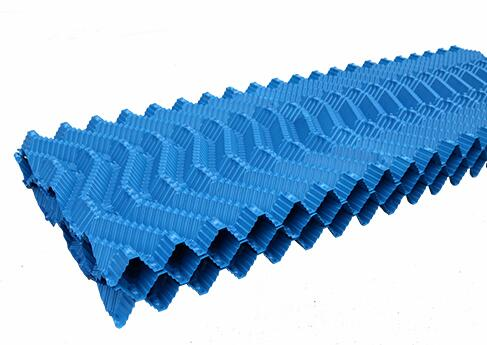
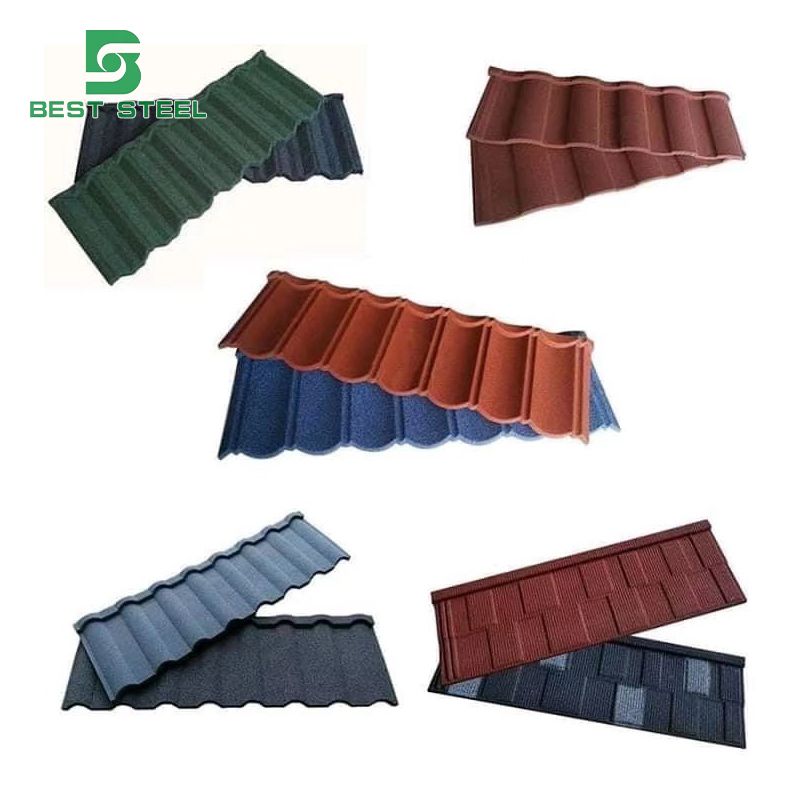
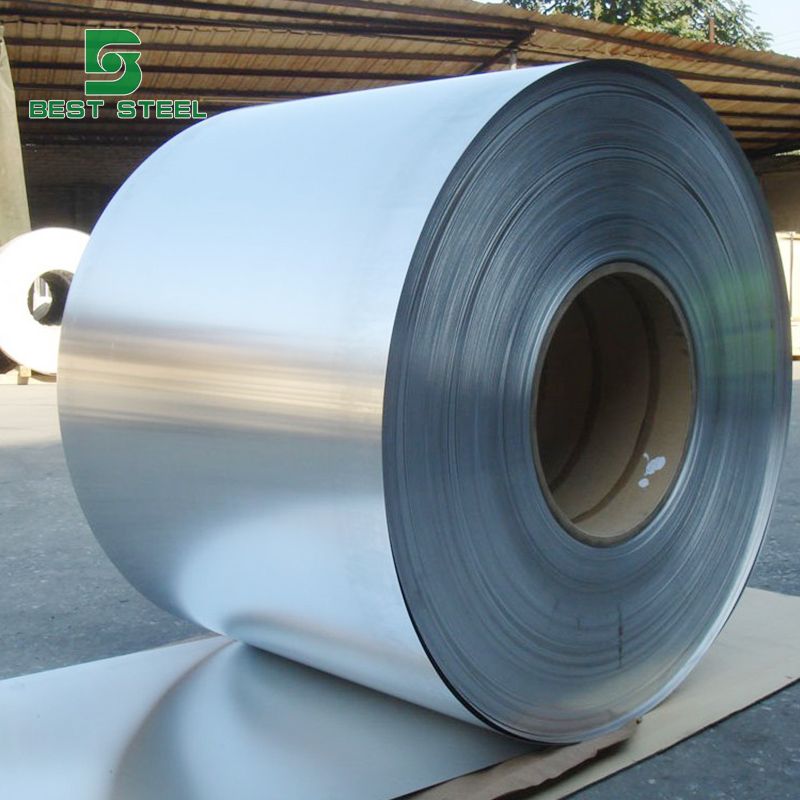
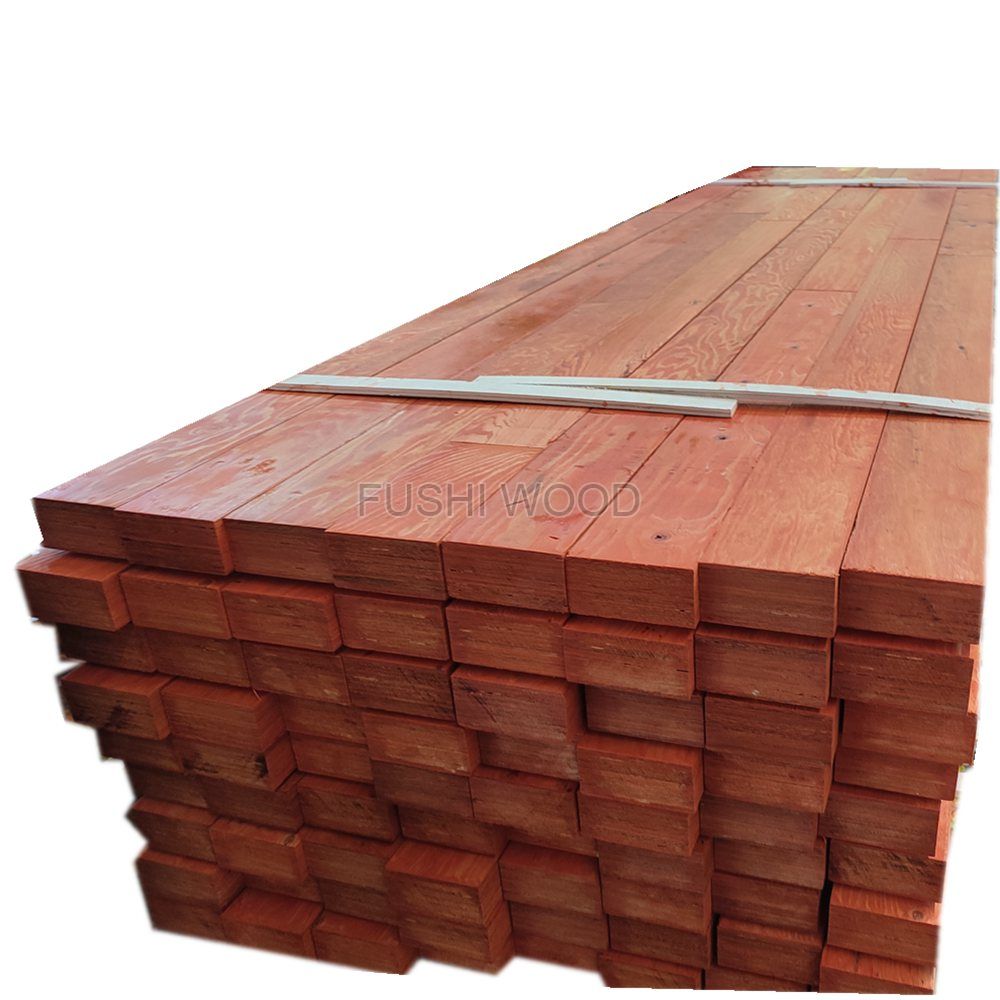
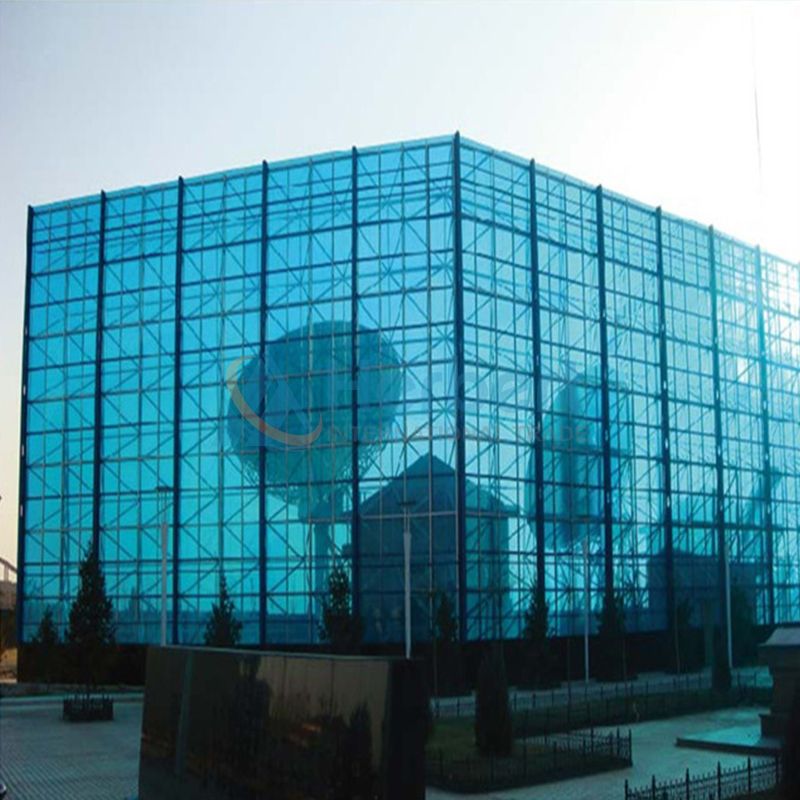
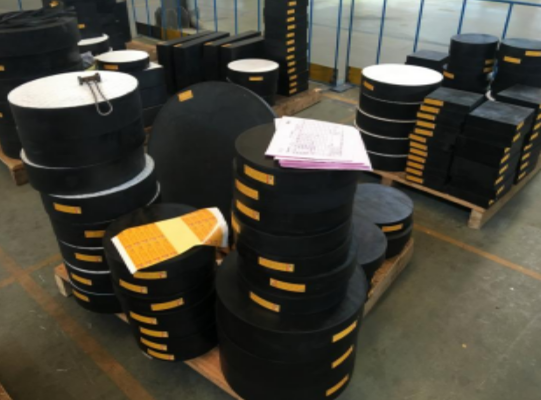
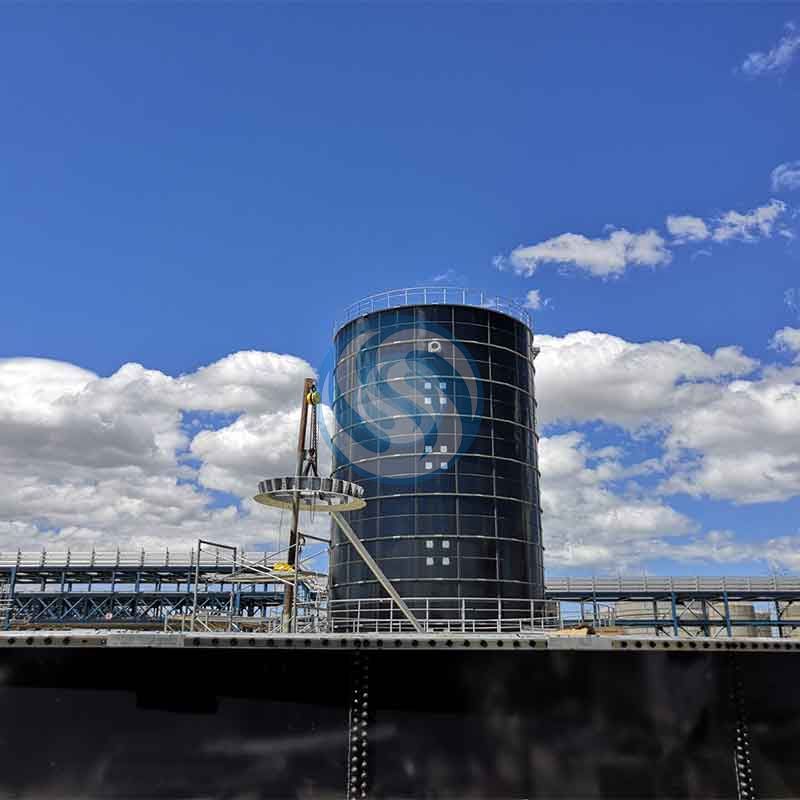
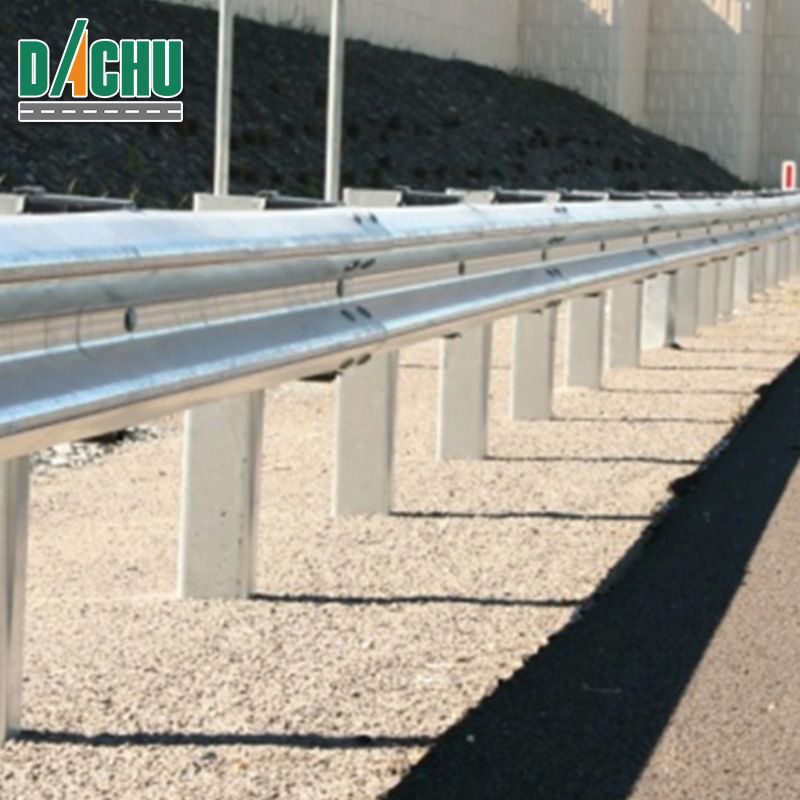
Comments
0